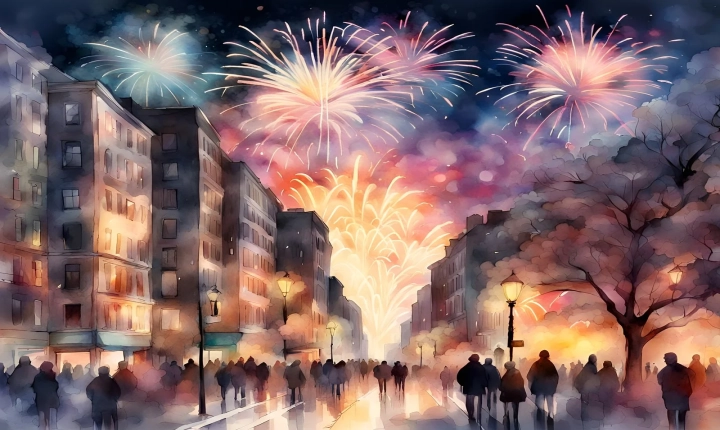AI in Photography: Revolutionizing the Way We Capture Moments
Artificial intelligence (AI) has made its mark in virtually every industry, and photography is no exception. With the rapid advancements in AI technology, photographers and enthusiasts alike are experiencing a revolution in the way images are captured, edited, and shared. From enhancing image quality to automating complex tasks, AI is reshaping the photography landscape in more ways than one.
One of the most prominent uses of AI in photography is in image processing. AI-powered algorithms can analyze and enhance images, improving the overall quality and making corrections to color, exposure, and sharpness. This has simplified the editing process for photographers, allowing them to achieve professional-looking results with minimal effort.
Another area where AI has made significant inroads is in object and scene recognition. By using deep learning algorithms, cameras can now identify and focus on specific subjects in a scene, such as people, animals, or landmarks. This intelligent auto-focus feature ensures that crucial moments are captured with precision, even in challenging shooting conditions.
Moreover, AI has also enabled the development of advanced image recognition and categorization tools. Photo management software can now automatically tag and organize images based on their content, making it easier for users to search and retrieve specific photos from a vast collection. This has proven to be a game-changer for professional photographers and hobbyists who deal with large volumes of images on a regular basis.
In addition to this, AI has brought about the advent of computational photography, which leverages machine learning to generate images that surpass the limitations of traditional photography techniques. Through methods such as image stitching, HDR (high dynamic range), and noise reduction, AI-powered cameras can produce stunning, high-quality images, even in challenging lighting conditions.
AI’s impact on the photography industry doesn’t end with image capture and editing. It extends to the realm of image-based search and recommendation systems used by social media platforms and online photo libraries. By analyzing user behaviors and preferences, AI algorithms can suggest relevant and engaging visual content, allowing users to discover and share images more effectively.
Furthermore, AI has also paved the way for the creation of virtual photographers, which are computer-generated agents that can autonomously capture and edit photos in a simulated environment. These virtual photographers can be used for various applications, such as generating synthetic training data for AI models or creating virtual tours and experiences.
Despite the many benefits and opportunities that AI brings to photography, there are also concerns about its implications on privacy and ethical considerations. As AI algorithms become more adept at identifying and analyzing people and objects in photos, the potential for misuse and violation of privacy increases. It’s crucial for developers and users alike to prioritize ethical considerations and data protection when leveraging AI in photography.
In conclusion, AI has undeniably transformed the photography industry, offering a myriad of tools and capabilities that were once unthinkable. From enhancing image quality to streamlining the editing process, AI is reshaping the way we capture, share, and interact with visual content. As AI technology continues to evolve, it’s likely that we will witness even more innovations that push the boundaries of what’s possible in the world of photography.
